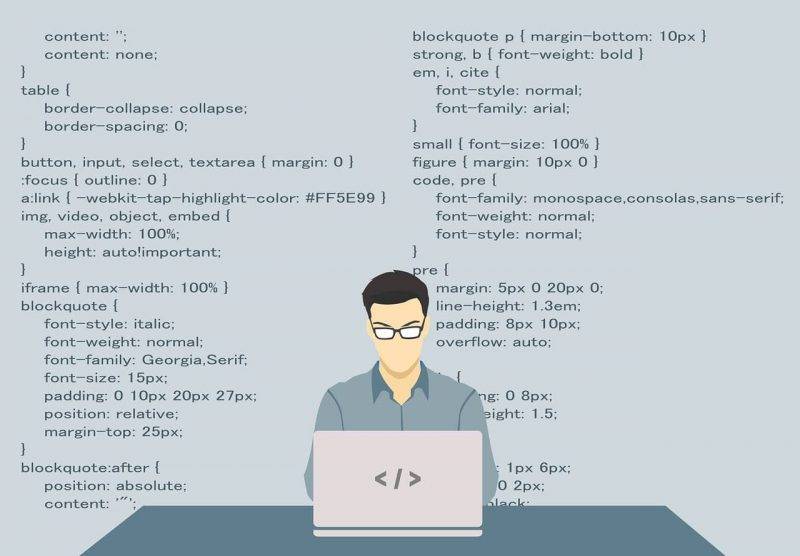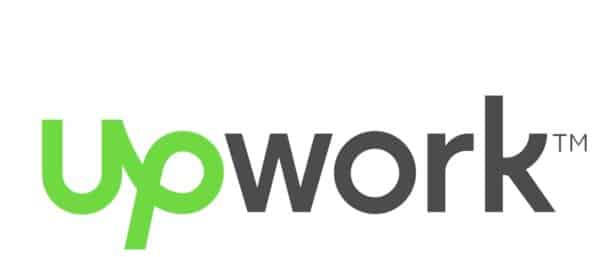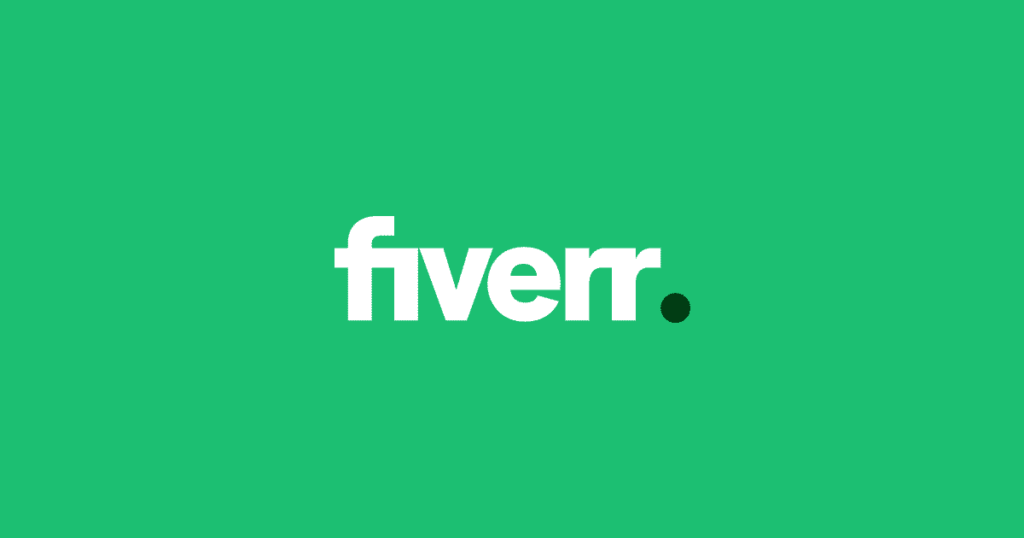Wondering how to become a freelance web developer? Being your own boss can be challenging. Here’s the only guide you need when striking out on your own.
So you’ve decided to become a freelance web developer. There’s courage in the decision to be your own boss, but the real work has just begun. Making money as a new freelance developer has its own set of challenges.
From building your clientele to managing the day-to-day operations of your business, freelance web developers may need to juggle a lot more tasks than their full-time friends – and this comes as no surprise.
Being your own boss can be liberating, but – and we’re not mincing words here – it can also be painfully challenging.
Living the freelance web developer life without any sort of strategy can leave you clientless and working for pennies – but don’t fret. We’ve compiled all the tips you need to succeed.
Before we delve into how you will conquer the most common freelance roadblocks, let’s discuss what to expect from a freelance developer career.

Terms like a programmer, software engineer, and web developer are often thrown around as though they are alike, but there are key differences in how they work.
While web developers and programmers both type lines of code to make something happen on the computer, their focuses are different
Programmers can be very versatile, but they mainly specialize in creating computer applications or add-ons to already available software. On the flip side, web developers are tasked with the creation and maintenance of websites.
Our guide will not discuss how to become a freelance programmer but will mainly focus on the steps needed to become a freelance web developer.
A freelance web developer’s main goal is to make a client’s website vision a reality. As freelancers, they work for themselves on a contractual basis.
According to the Bureau of Labor Statistics, web developer jobs will increase by 20% by 2022 – and while this is not entirely representative of the need for freelance developers, this is very telling of how in-demand web developers are.
Freelancing opens up the vast possibilities of working with various clients in different areas. While they do not receive a steady income or benefits, they gain experience faster by working for and promoting themselves.

While some careers require years and years to complete, aspiring web developers will be happy to know that breaking into web development doesn’t last that long. Anyone can acquire programming skills from coding boot camps, and barriers to entry are usually very low.
There’s not one single answer to how long it takes to become a freelance web developer, as web development is composed of several career disciplines that require different studies.
These may include front-end development (client-side), back-end development (server-side), and full-stack development (both client-side and server-side).
If you choose to go to college. Full-stack web development jobs don’t usually require a college degree, but having one will definitely increase your chances of being hired.
A computer science degree and a university coding boot camp will help if you’re already living around campus.
If you’re not keen on going to college. Aspiring freelance web developers may consider taking web development coding boot camps which will teach them everything they need to know for jobs that require entry-level full-stack jobs.
Coding boot camps will walk you through the most common development languages, including JavaScript, Python, CSS, Ruby, and HTML, among others.
See Related: Ways to Get Paid to Make Excel Spreadsheets
Boot camps for web development generally last anywhere between six months to a year, but it varies depending on the intensity and length of the program. Assuming it takes around 6 months to complete a boot camp, it will take a little while for you to bag your first job.
Though you do have the qualifications for the field, the industry values experience – so you’ll have to work very hard to land your first project.
Considering everything, the entire career transition to freelance web development should take around a year, while some people transition slower or faster.

If you plan to become a freelance web developer, know that it isn’t all rainbows and butterflies. While there are a lot of advantages associated with being your own boss, it also presents its own set of challenges. Here’s what you need to know.
There’s a high demand for web developers around the world. Combine this with a short supply of candidates and you’ll find it relatively easy to land your first job (though this still depends on your skill set).
Now has never been a better time to start a freelance career in web development when gigs are plentiful.
You don’t have to work on the same thing all the time. Freelance web developers have the advantage of working on multiple projects at once, never getting stuck in a rut. You can meet a lot of clients if you choose to, each with various jobs from crazy ideas to practical tasks.
This gives you the chance to build a diverse portfolio while being able to choose what kinds of projects you intend to specialize in based on what you are interested in the most.
Freelancing makes you your own boss. This means that you get to choose which clients to take, how much you’ll get paid, and what hours you’ll work. Do note, however, that your choices will limit the clients you work with. Some clients will require longer hours than others, but regardless, you get to choose.
You can work anywhere. Of course, this varies from project to project, but as a freelancer, all you need is a phone, an internet connection, and a laptop for you to be able to work anywhere.
Being able to work on the road, in a coffee shop, or at home is a privilege full-time workers do not share.
It can be difficult when you’re starting out. Jobs fall through, clients may be very unreliable, and payments can be delayed when you’re freelancing. Neophyte freelance web developers will also find it hard to maintain a steady cash flow.
Your hours may be odd. Most well-established freelancers have the privilege of working flexible hours, but those who have just started freelancing may work during ungodly hours just to satisfy their client’s requests. Once you’ve established your client base, only then can you be picky about choosing your own schedule.
You don’t get benefits. This is obvious, but freelancers don’t get sick days, vacation days, 401K matching, or employer-covered health insurance.
If you’re wondering how to become a successful freelance web developer, the best strategy is to learn as much as you can.
Most web development projects require the knowledge of more than one coding language; the more languages you know, the more attractive you are to most clients. Hence, learning is really the most important first step.
Once you’ve learned a bit of everything, the next step is to hone in on one and find your niche. Your value as a freelance web developer will definitely be higher if you’ve reached an expert level in a select few languages.
Here’s a tip: today’s up-and-coming programming languages are Ruby on Rails, Swift, and Node.js.
Now that you have the skills required to succeed, you need to set up the logistics of your new freelancing business. Here are just some of the things you need to do.
Developing a freelance web development portfolio can be challenging, especially when it requires showing your best work. One of the best ways to do this is to make your freelance website a showcase piece in and of it itself.
Take some time to create an engaging and interactive website using cutting-edge design trends. Don’t forget to indicate that you’ve built the website from the ground up and that you can also do the same for your clients.
Your personal profile should tell the client who you are, what you can do for your clients, what you’re passionate about, and any noteworthy personal achievements. Ensure the message is clear about why your clients should choose you among many others.
Don’t forget to add links to open communication and interaction. These could be links to your social networking accounts, a live chat option, or a contact form.
You may also consider including a blog on your website to showcase your knowledge of the latest web development techniques and trends while also improving your SEO.
Also, it is an obligation to pay taxes and for us to be able to manage it, using tax software is an option.
See Related: TopTal Freelance Rates
Now comes the tough part – marketing yourself. As a neophyte freelance web developer, getting your name out there can be very challenging, so real hustle is required.
You don’t have to spend a penny on building awareness of your services, especially when social media has made self-promotion possible. It’s crucial, however, to connect with people online and offline.
Keep in mind that you need to talk to many clients before landing your first one. Here are some ways that you market your business.
See Related: How Much is $45,000 A Year Hourly
Connect through Twitter. You can create a Twitter following by tweeting current news about your chosen niche. Twitter is great for networking with people from your field around the world.
Vlog on YouTube. If you have a great presence on camera, you can consider posting online tutorials on YouTube with searchable titles.
Think about the many reasons why someone would hire a web developer and make videos out of those issues. The more watchable your videos are, the more people will come back to you and consider you an expert.
Answer questions on Reddit. Do people have questions about their websites and how to improve them on Reddit? A good way to set yourself up as an expert is to answer these questions and then leave a link or email address for people to get in touch with you.
Promote yourself on LinkedIn. Share news about the latest in web development, share snippets from your portfolio, or post your opinions about a particular trend.
LinkedIn is a great way to show your potential clients that you’re a professional who’s knowledgeable about your field.
See Related: Top Client-Interfacing Skills
Talk to local small businesses. One of the best ways to market your skills locally is to talk to local businesses that may need help with their websites. This could be a small restaurant, a flower shop, or a fashion boutique. Strike small talk with the owner and give him or her your best elevator pitch.
Hit up non-profit organizations. Helping out non-profit organizations with their websites is a great way to not only do good but build your portfolio.
Target businesses without e-commerce websites. Businesses with only brick-and-mortar locations will benefit the most from having a website developed. Get in touch with these businesses and tell them how a website can help them increase their sales.
See Related: 8 Easy Freelance Jobs for Beginners
The last thing to do is to grow your portfolio constantly. The fruits of your marketing in the previous step should be able to land you some clients, but one of the best places to find people looking for your services is an online marketplace.
If you’re familiar with the freelancing lifestyle, you’ll know that these online marketplaces are a freelancer’s bread and butter, as they link potential clients with freelancers like you who can complete their requirements.
Here are our favorites:

Upwork, formerly Elance-oDesk, is one of the most popular online marketplaces for freelance web developers.
Upwork charges a freelancer fee of 20% for the first 500 billed with a client, 10% for lifetime billings with the client between $500.01 and $10,000, and 5% for lifetime billings with the client that exceed $10,000.

Freelancer.com is a ten-time Webby award-winning platform with over 27 million registered users. To join, freelancers must pay a monthly membership that starts from $4.01 up to $44.96, depending on your plan.
Your membership plan determines how many bids to jobs you can make, as well as a number of additional perks.

Fiverr connects businesses with freelancers that specialize in over 300+ categories. For each project you land on Fiverr, the platform collects 20%. For more options, check out our compiled reviews of the best freelance websites.
Also, if you are an employer looking to hire a web developer, you should know the step-by-step guide on how to get one. You must know what to look for before considering one in your team.
Last updated: September 1, 2023